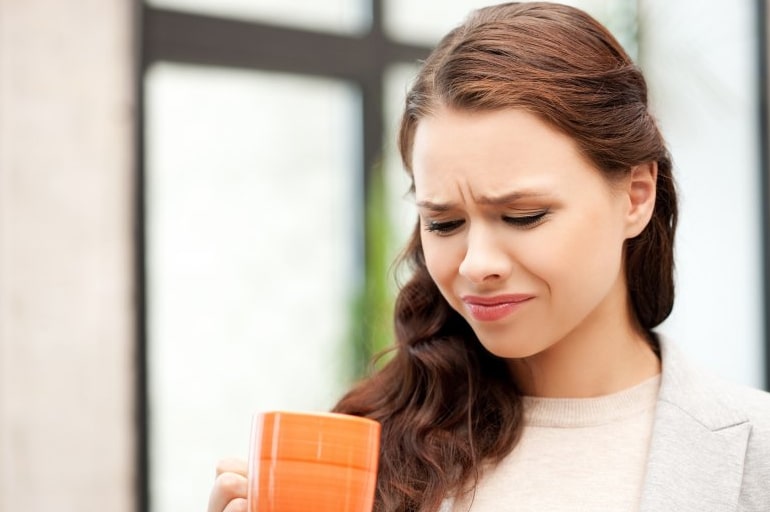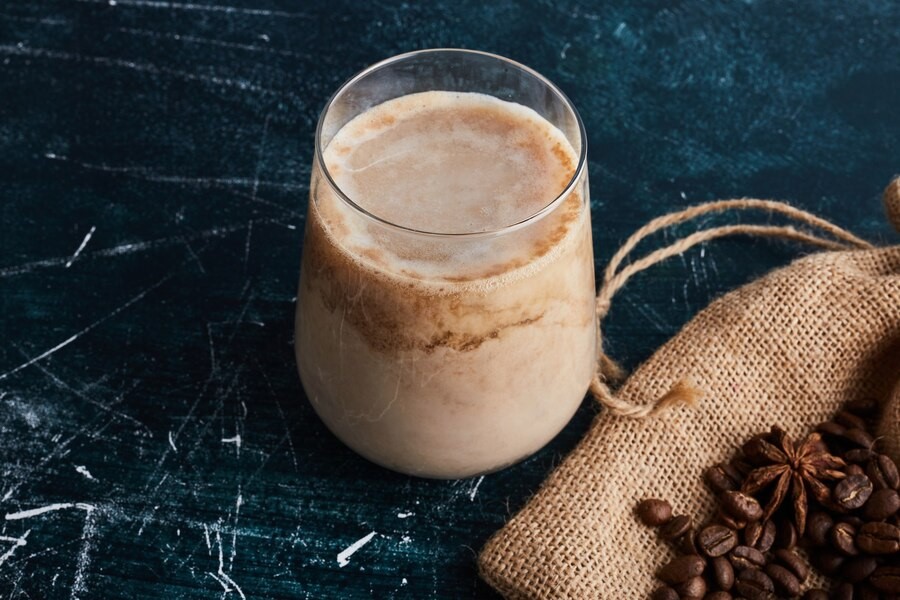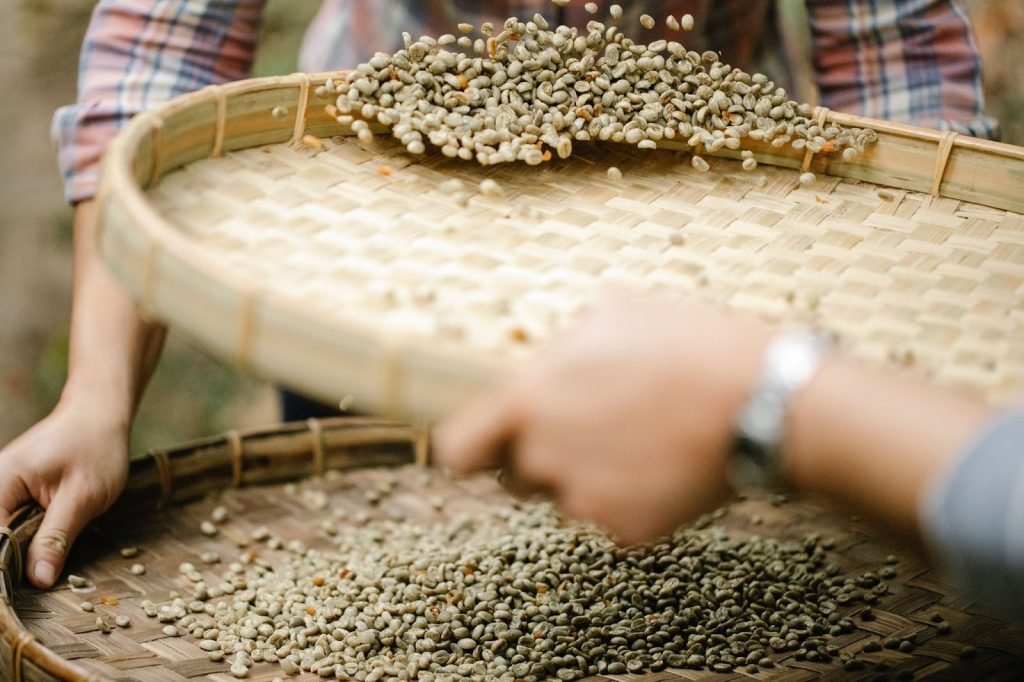When drinking coffee, one of the common taste sensations is the bitter taste of coffee. For some coffee lovers, this flavor is one of the most sought-after parts of coffee. For some other coffee connoisseurs, the overpowering bitterness is a negative point.
If so, is bitterness actually good or bad for coffee? To answer this question, we will review some interesting points ranging from the causes of bitter taste, how to reduce bitter taste, and the difference between good and bad bitter taste. Here’s the full review:
Causes of bitter taste
The content of compounds such as chlorogenic acid in coffee can naturally give a bitter taste sensation. Aside from these factors, there are some other specific factors that can cause this flavor to appear in a cup of coffee. What are these factors?
Read also: Aroma and Flavor Delight in a Cup of Coffee
Mistakes during the coffee bean roasting process
The roasting process of coffee beans is one of the crucial parts that can affect the flavor and aroma of coffee. If something goes wrong, the roasting process may make the coffee taste unpleasant to enjoy.
One of the mistakes that often occur during the coffee roasting process is that the roasting process takes too long.
Dr. Hofmann in one of his articles mentioned that coffee beans that are roasted for too long can produce phenylindanes compounds in coffee. This compound can provide a bitter taste sensation that even exceeds the bitterness produced by chlorogenic acid.
Read also: Get to Know Roasting Levels for You Coffee Lovers
Selection of coffee beans that are not fresh and classified as defective
In addition to the roasting process, the quality of the beans selected can also have an impact on the flavor of the coffee. If the coffee beans selected are not fresh or even classified as defective, the quality of the coffee cup will certainly decrease.
In coffee beans that are stored for too long, this bitter taste usually appears because the flavor and aroma characteristics of the coffee begin to disappear and leave a bitter taste.
In addition, the mixing of defective beans with other beans during processing can also affect not only the bitter taste, but also the moldy taste or other off-flavors in the coffee.
Read also: Types of Flavor Defects in Coffee Cupping Assessment
Mistakes during the brewing process
When brewing coffee, there are three important aspects to consider: grind size, water temperature for brewing, and the ratio of coffee grounds to water. These three things are important because if something goes wrong, the coffee may turn out to be more bitter.
In the grinding process, bitterness, for example, can occur if the beans are ground too finely, causing over extraction of coffee juice.
Over extraction , which causes bitterness, can also occur because the water used for brewing is too hot and is left for too long.
Another mistake when brewing coffee can also be caused by an inappropriate ratio of coffee grounds to the amount of water used during brewing.
Read also: Blooming: Stages of Coffee Brewing You Shouldn’t Underestimate!
Unsterilized coffee machine
Apart from the process, another factor that causes bitterness is the use of unsterilized coffee machines. This generally occurs when the remnants of the previous coffee have not been fully cleaned and become mixed with the coffee that is processed afterwards.
How to reduce bitterness
Reflecting on the four factors that cause bitterness, some of these methods can also be applied to reduce the potential bitter taste that is very dominant in coffee:
Chill water 1 – 2 minutes before brewing coffee
As mentioned earlier, the water used when brewing coffee can result in a bitter taste if it is too hot.
To address this issue, the Specialty Coffee Association (SCA) has advocated the use of 90 – 96 degree Celsius water when brewing. To reach this temperature, the water can be cooled for about 1 – 2 minutes after boiling.
Avoid grinding coffee too fine
Coffee that is ground too finely will usually extract organic compounds faster as well as more than it should. This is what causes over extraction of coffee. To avoid the bitter taste of over extraction, one of the things that can be done is to adjust the grind size of the beans so that they are not too fine.
Avoid brewing coffee for too long
Too long a brewing process also often results in over extraction of coffee. To minimize this, another way that can be used is to reduce the brewing process time.
If using the immersion method as in the french press, pouring coffee water into the glass can be done immediately after the plunger is lowered. In the pour over method, pouring water into the coffee powder can also be done faster so that the brewing process does not take too long.
“Good” and “bad” bitter flavors
For some people, bitter taste is often associated with bad coffee. The bitter taste that dominates can indeed have a negative impact if in the process. Compounds such as chlorogenic acid are over-extracted, masking the sweetness and sourness of the coffee.
Despite the negative side, bitterness can also be a plus point that increases the complexity of the coffee’s flavor. The bitterness referred to here is not the bitterness that comes with errors from the roasting or brewing process. However, the bitter flavor is smooth and deep like dark chocolate.
The balance of sourness, sweetness, and bitterness in coffee is very important here. If all the flavor characters are present in a balanced way, then the complexity of the flavor of the coffee will also be a plus point in enhancing the flavor quality of the coffee.
If you are a coffee producer from various regions, do not hesitate to open a shop on the KopiKita platform, so that coffee lovers from all over Indonesia can taste your coffee production. Apply for a business on the KopiKita platformnow by filling out the the following form .
Are you a coffee lover? It’s time to visit the KopiKita platform to find coffee from various regions in Indonesia at the best price.k.









